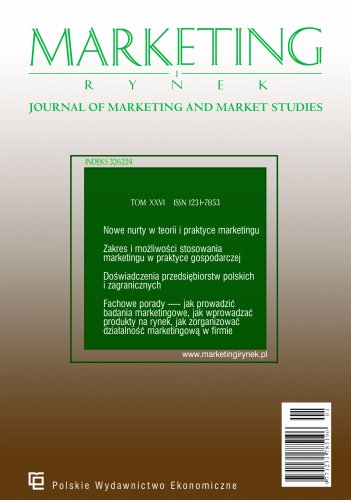In the 1980s, the business world acknowledged the need to build the image of both the organization itself and its key employees. Human capital was treated as the company's value. By creating business relations, the employees affect the credibility, trust, and loyalty of the client, which, like in politics, decide upon the organization's success. In the 21st century, dynamic and profound socio-economic changes contributed to the need to conduct election campaigns in a more permanent, professional, personalized, and decentralized manner, and are forced to look for methods of effective communication with voters. It seems that personal brand management strategy may guarantee higher effectiveness, consistency, and harmony of activities as well as a permanent competitive advantage in political communication. Building a personal brand strategy in politics is drawing from the achievements of various disciplines in the field of social sciences. It is an opportunity to build a reputation of politicians, influencing at the same time on voters' awareness, and a more valuable political debate. This article aims to justify the need for proper personal brand management as a relatively new communication strategy in political marketing. The analysis was based on the author's knowledge and experience from advisory work with Polish politicians and available literature, using the comparative method, case analysis, and logical inference.
Keywords: political communication; political marketing; political brand; branding; political image; pillars of political brand

